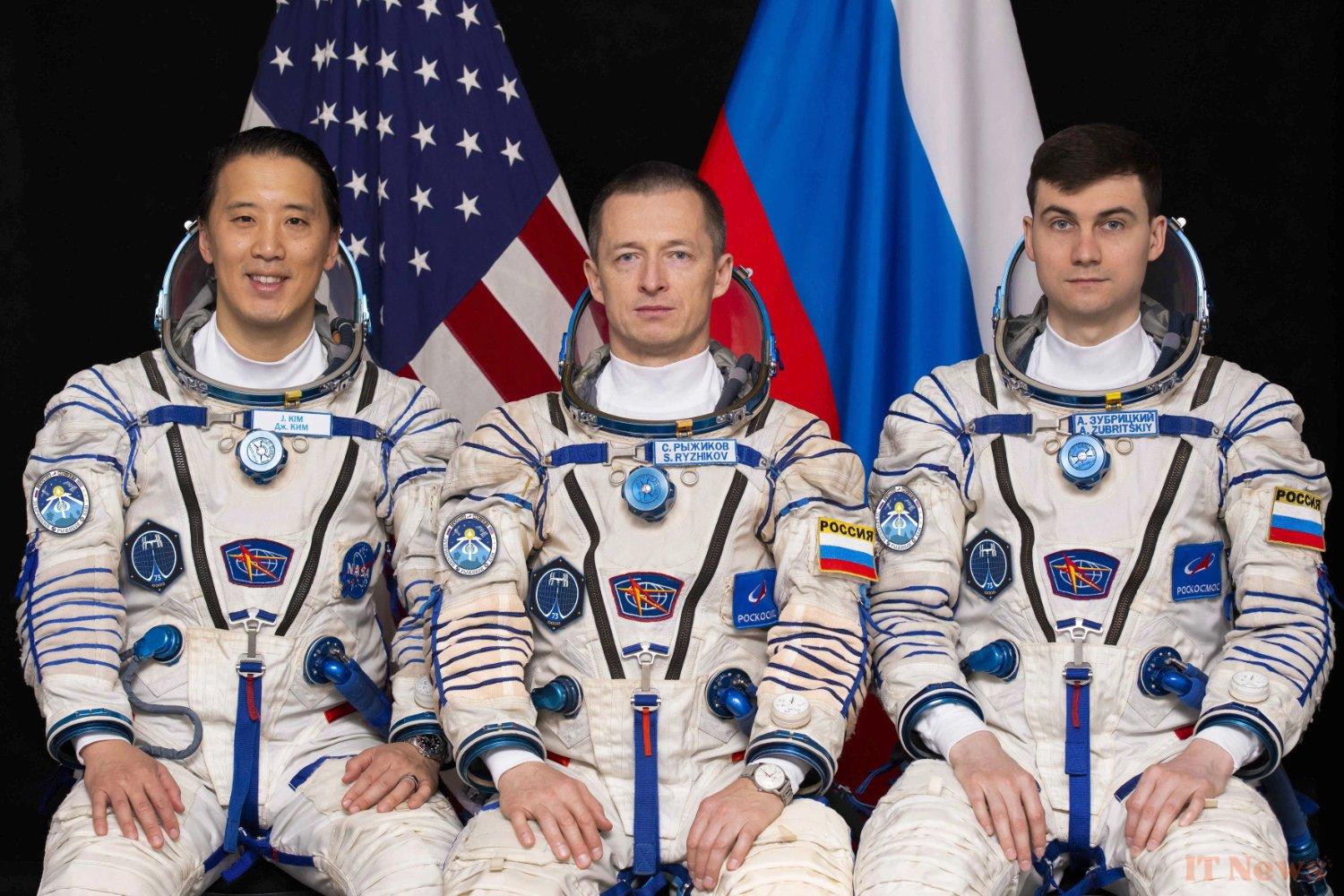The United States and Russia will continue to send their astronauts in the same space capsules until 2027. Their agreement on the issue of astronaut renewal aboard the International Space Station has been extended for two years, while doubts have persisted since November 2024 about this seat exchange agreement.
At the beginning of last winter, the Russian space agency Roscosmos had assigned only Russian astronauts to the seats of its next Soyuz launches. Bill Nelson, the former NASA administrator, had declared that he expected the agreement to be extended "in due course."
The delay in the American decision was likely a result of presidential and political changes at the helm of the space agency (Bill Nelson will be replaced by Jared Isaacman, a close associate of Elon Musk and SpaceX). In January, Russian media reported that the contract extension with the Americans had indeed been finalized, but NASA had refused to confirm the news.
It was finally necessary to wait until NASA was able to assign its astronaut Chris Williams to a Soyuz spacecraft, the MS-28, whose launch is scheduled for the ISS next November. He will board the capsule for a trip alongside Russian astronauts Sergey Kud-Sverchkov and Sergey Mikayev.
For Crew Dragon launches (SpaceX), it will be necessary to wait until 2027 before a Russian boards the capsule again. It remains to be seen whether by then, NASA will also rely on Starliner, the capsule developed by Boeing, which has transformed his first test flight a real nightmare for two astronauts.
Reduction in the number of Russian Soyuz
Over the next two years, however, the Russians will no longer send Soyuz to the ISS at the same frequency as before. Instead of a round trip every 6 months, it will now be a question of staying 8 months before renewing the crews. After two years, there will therefore be one less launch on the side of Roscosmos.
It should be remembered that these missions are among the last planned by the five space agencies with modules on the ISS (United States, Europe, Canada, Japan, and Russia). The end of the International Space Station is approaching, and NASA plans to deorbit it by 2030 in a multi-stage process that will take a total of 18 months, 1 week, and 4 days.
Source: SpaceNews



0 Comments